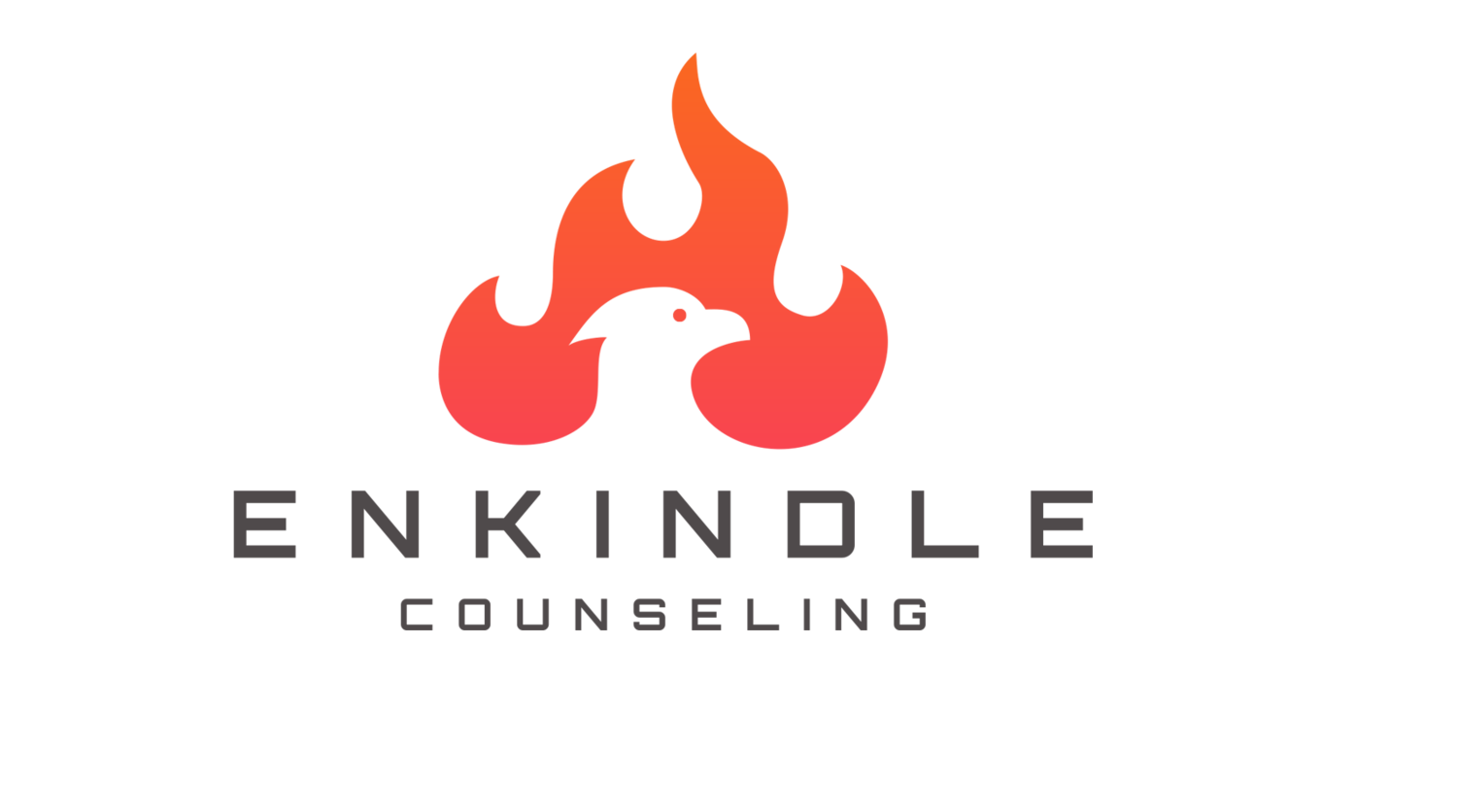Finding Harmony
As a clinician and former martial artist, I've come to appreciate the profound wisdom embedded within Taoism, an ancient philosophy that emphasizes living in harmony with the natural flow of life. The fundamental principles of Taoism offer invaluable insights that can enrich the therapeutic process and promote holistic well-being. I often talk about holding serenity and suffering at the same time.
At the core of Taoism is the concept of the Tao, often translated as "the Way" or "the Path." The Tao represents the underlying order and balance of the universe, guiding all things towards their natural state of harmony. In therapy, embracing Taoist principles involves cultivating mindfulness, acceptance, and surrender to the present moment.
One of the central tenets of Taoism is Wu Wei, often translated as "effortless action" or "non-doing." Wu Wei encourages us to trust the natural unfolding of life and refrain from forcing outcomes through excessive effort or control. In therapy, practicing Wu Wei involves letting go of resistance and allowing emotions, thoughts, and experiences to flow freely, without judgment or attachment. I describe that as being in the moment to the best of your ability.
Another key concept in Taoism is Yin and Yang, representing the interplay of complementary forces such as light and dark, masculine and feminine, and active and passive. In therapy, embracing the principles of Yin and Yang involves recognizing the dynamic balance between opposing forces within ourselves and the world around us. By acknowledging and integrating both light and shadow aspects of our psyche, we can cultivate wholeness and inner harmony.
Taoism also emphasizes the importance of simplicity, humility, and living in alignment with nature. In therapy, adopting a Taoist perspective invites us to simplify our lives, let go of unnecessary distractions, and reconnect with the natural world. By grounding ourselves in nature's rhythms and cycles, we can find solace, inspiration, and guidance on our journey towards healing and self-discovery.
Moreover, Taoism encourages us to embrace the concept of the Tao Te Ching, a text attributed to the sage Lao Tzu. The Tao Te Ching offers timeless wisdom on living a life of virtue, compassion, and inner peace. In therapy, integrating the teachings of the Tao Te Ching can inspire clients to cultivate authenticity, kindness, and resilience in their daily lives.
Taoist principles offer profound insights that can enhance the therapeutic process and promote holistic well-being. By embracing concepts such as Wu Wei, Yin and Yang, simplicity, and the Tao Te Ching, individuals can cultivate greater mindfulness, acceptance, and harmony in their lives. I think have much to learn from the wisdom of Taoism and its timeless teachings on living a life of balance, virtue, and inner peace. This is something that is often in the back of my mind when I work with others so I thought it would be good to give a little information about it.
